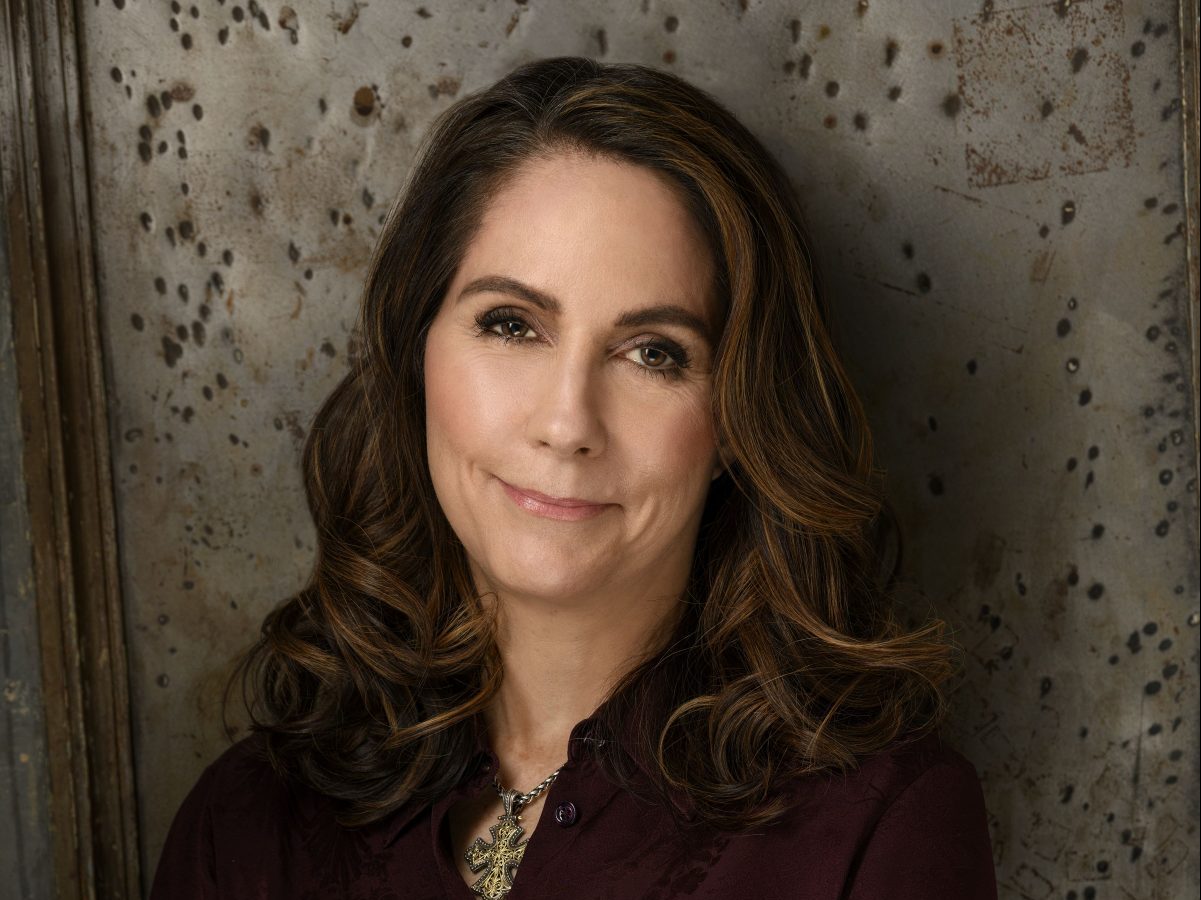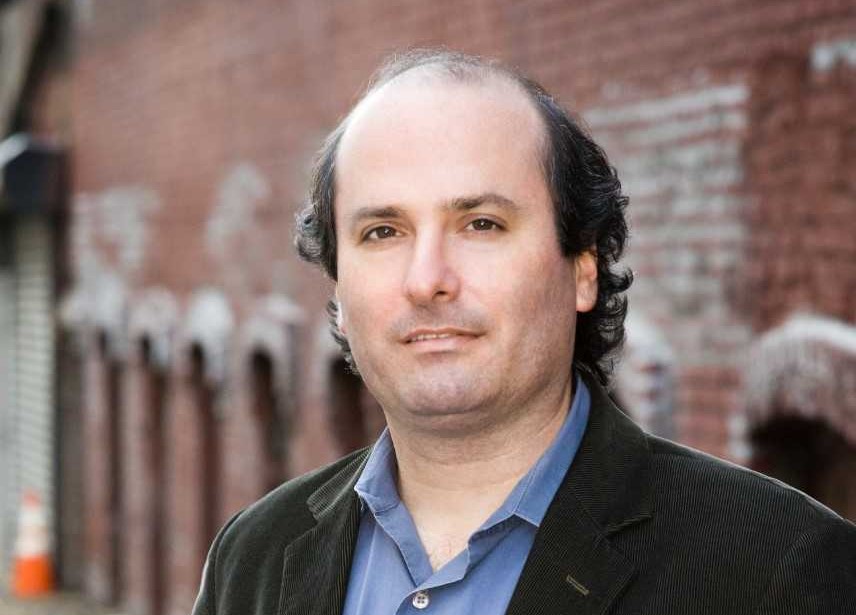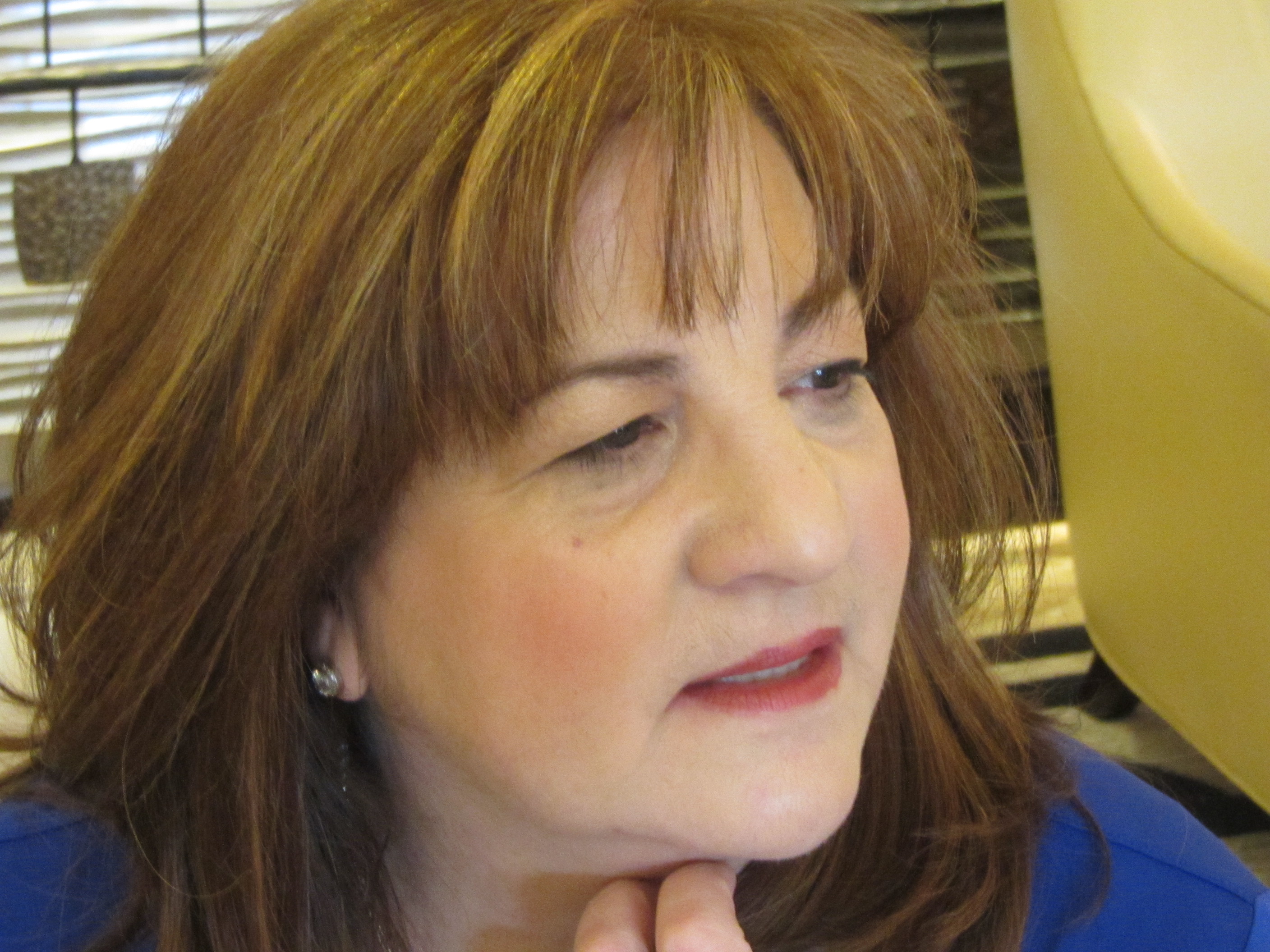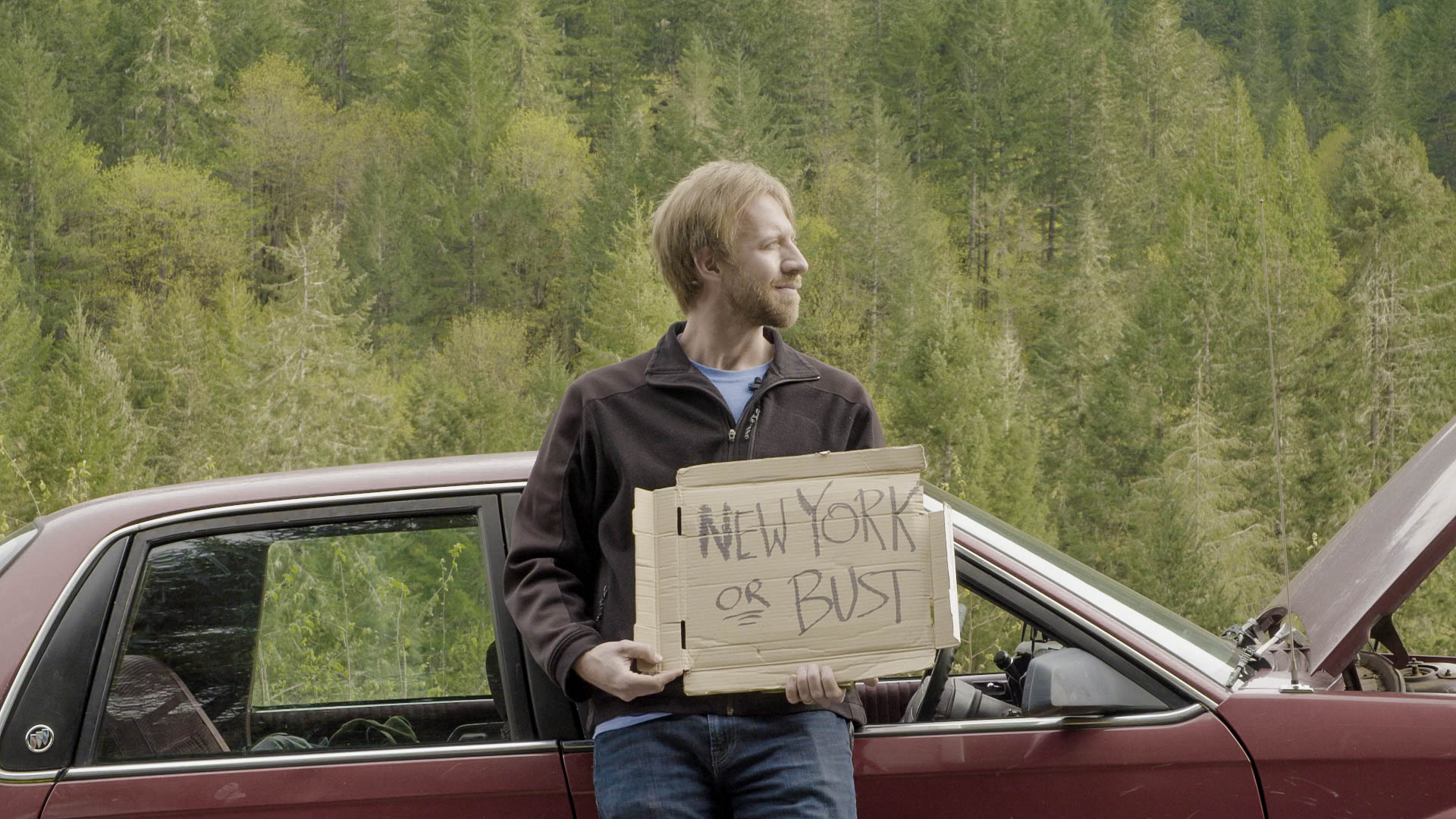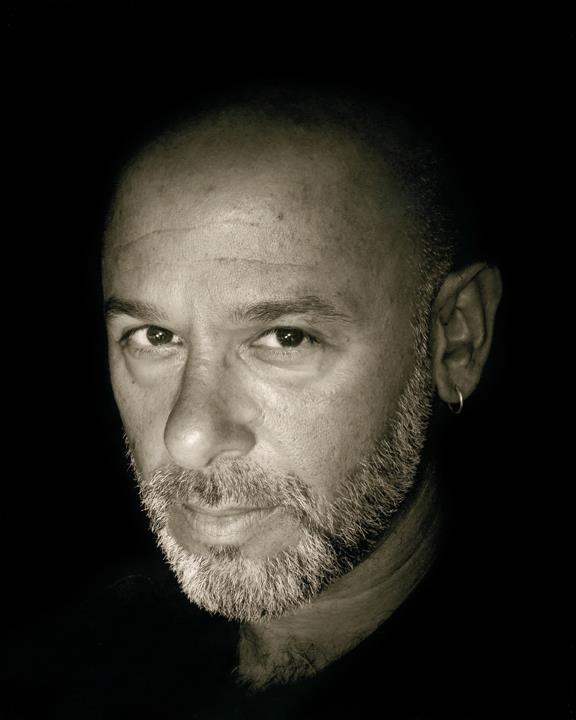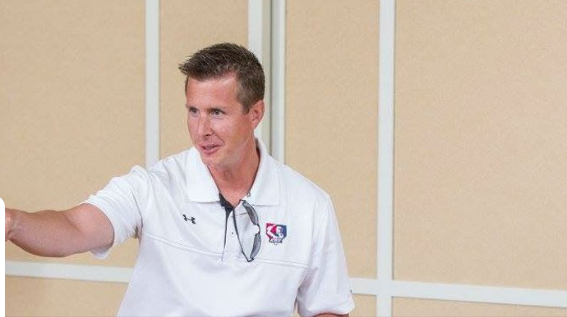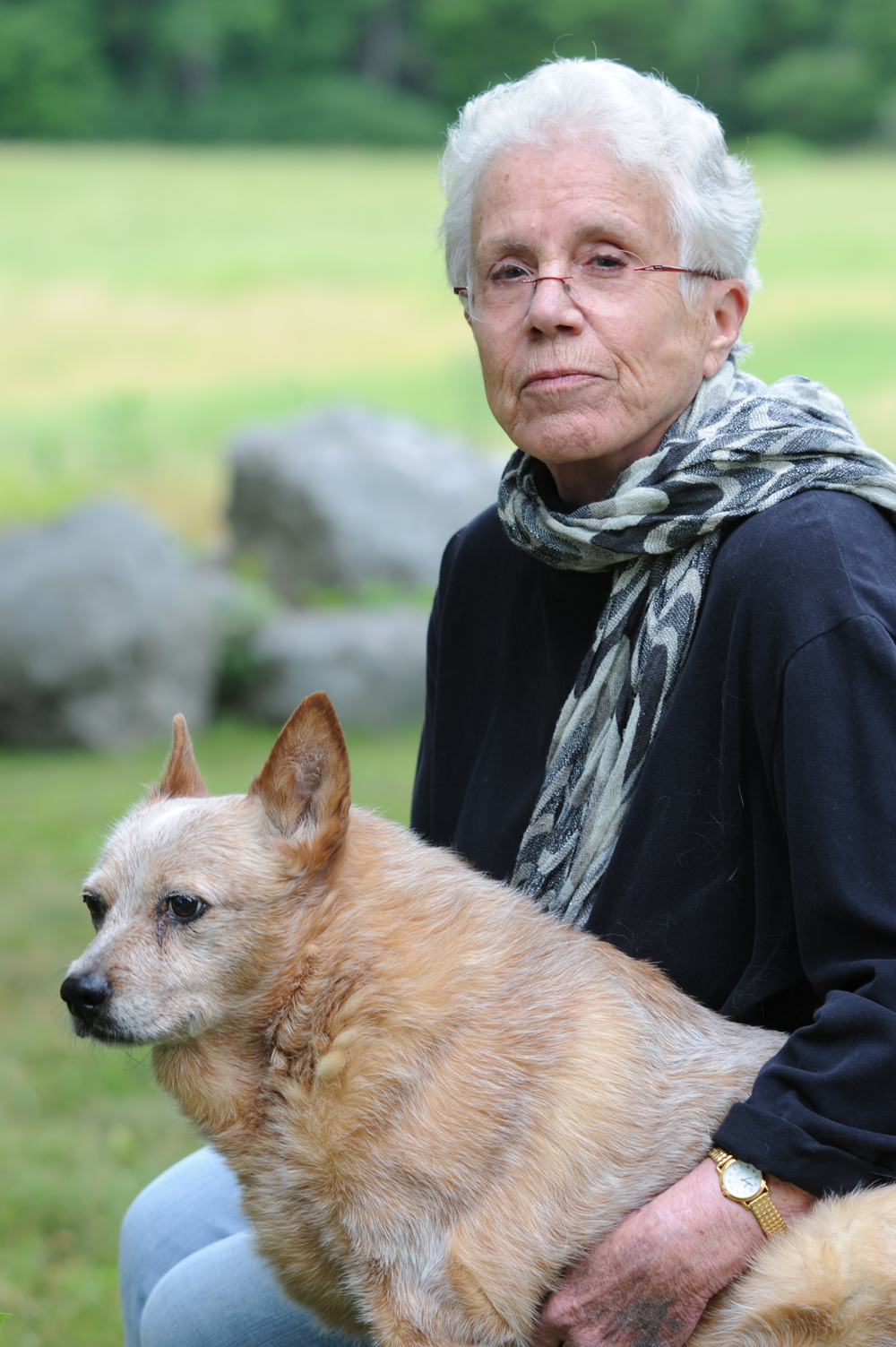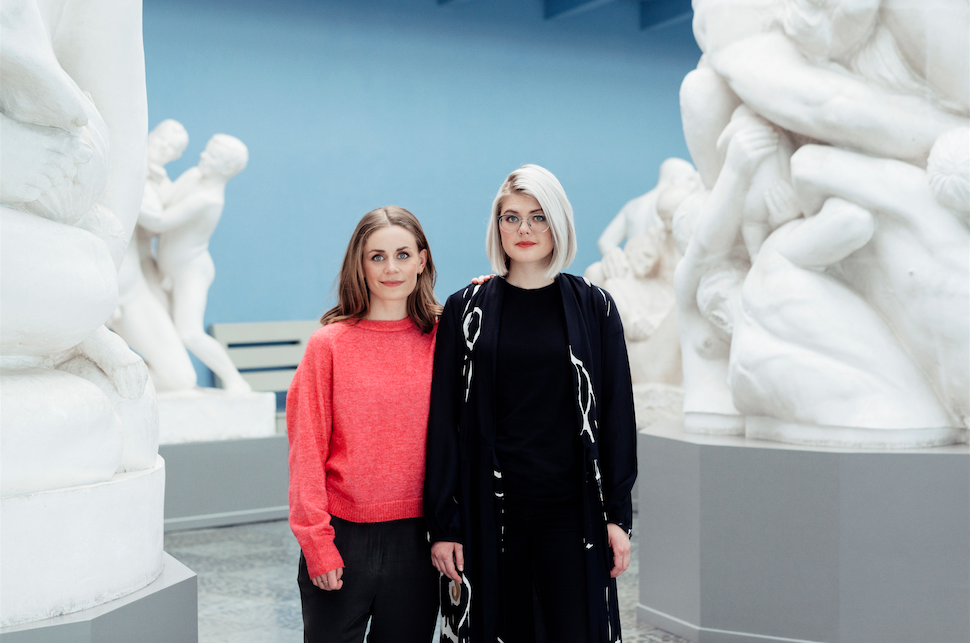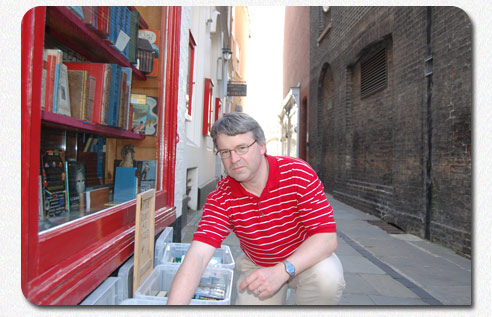
Tweetables by Andrew Chamberlain (@writerstoolbelt):
“You can’t be passive and just sit back and wait for things to happen.”T
It’s The Creative Nonfiction Podcast, the show where I speak to the best artists about telling true stories: leaders in narrative journalism, podcasting, radio, doc film, essay, and memoir and tease out origins, habits, routines, tactics, so you can improve your own work.
For Episode 101, I welcome fellow podcaster Andrew Chamberlain. He hosts The Creative Writers Toolbelt, a podcast that gets real granular on the writing process. He has a fiction slant, but his experience interviewing and with ghost writing opened the door for him to come on my show. As an FYI, I went on his show not too long ago, so you should go and check that out. I’ll include it in the show notes.
Andy breaks it down for you in this episode. Many of the tools apply to fiction, but if you’re anything like me, you want your nonfiction to read like fiction so I think you’ll get a lot of tasty nuggets from this one.
Hey, if you haven’t subscribed, go and do that on iTunes/Apple Podcasts, Stitcher, Google Play Music, and soon Spotify, still waiting for approval on Spotify, but it’s coming, I promise.
Thanks everybody and thanks to Andy for the time.
Sign up for my monthly reading list newsletter. It comes out on the first of the month and gives you a sampling of good books and what you might have missed from the world of the podcast. Once a month. No spam. Can’t beat it.
Got any questions, concerns, problems you’re working through (in your work), please reach out:
@BrendanOMeara and @CNFPod on Twitter and @CNFPodcast on Facebook or email me brendan at brendan omeara dot com.
That’s it for me. Have a CNFin’ great week, friends.
